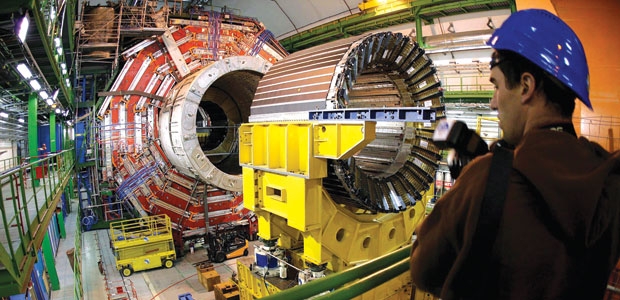
Source: Alamy
At the heart of the Andes, one of Colombia’s top universities is striving for regional and global impact, explains Pablo Navas Sanz de Santamaría.
The University of the Andes was founded 65 years ago by a group of youngsters – all under 25 – who had studied in the US. At the time, Colombia was in the grip of social turmoil: the group’s conviction was that an independent “liberal” university with high international standards was the best answer to the problems.
Since then, our small private university, located at the heart of the Andes in Bogotá, has grown significantly. In the past 10 years, six undergraduate, 29 master’s and 11 PhD programmes have been created. This has been supported by impressive investment in teaching and research, as well as the infrastructure necessary to support them. Today, 65 per cent of our teachers have doctoral degrees, a unique accomplishment in the Latin American university system.
Today, the University of the Andes is considered one of the best universities in the country and the region: it was ranked 17th in Times Higher Education’s BRICS and Emerging Economies Rankings 2014.
Since its foundation, it has had a global outlook and has strived to employ international standards. Currently, almost all its professors carried out their graduate work in the best universities abroad. Our School of Management has been approved by the three major international accreditation organisations (including Equis) and the eight departments of our School of Engineering are accredited by ABET (the former Engineers’ Council for Professional Development). Locally, all our undergraduate programmes are endorsed by the CNA, Colombia’s national accreditation body.
One of our biggest challenges is to become a world-class research-intensive university. In a country where investment in research and development is low, even by regional standards (less than 0.5 per cent of gross domestic product), the University of the Andes has taken an active role in developing different funding options nationally and internationally, and from public and private sources: we are happy to say that so far we have been successful.
The university is committed to participating in global research networks as well as studying local and regional issues. Our High Energy Physics Group, for example, has been an active participant in the work of Cern, the European Organisation for Nuclear Research. Also consider CESED, our research centre that tackles drugs and security. Its main objective is to promote analysis and research of the different dimensions of drug and security policy, to ensure their efficacy as well as to assess their direct and collateral costs. CESED promotes interaction and dialogue between academics and the institutions involved in the design and execution of policy, and works closely with the government to help inform policymakers.
As is the case for most other research-oriented institutions, innovation and entrepreneurship are top priorities for the University of the Andes: for example, we recently established InnovAndes, a centre to promote the links between research and practical solutions in order to create innovative products, services and organisations.
Even though we have always had an international outlook, internationalisation has become more strategic and dynamic over time. We view it, as do many of our global peers, as one of higher education’s biggest challenges.
We are committed to strengthening our ties with universities abroad: student exchanges, joint research (both on a one-to-one basis and as part of international networks), dual programmes and joint degrees are among the many options we are considering.
The experience of living abroad is difficult to match, but we are convinced that the cutting-edge tools available in information and communication technologies will open new possibilities for partnership.
The growth and advancement of universities around the world, both in developed regions and in emerging economies, is evident. We do not see this as a source of competition: given our position in the region, we view it as a wellspring of opportunities for partnerships and alliances that will benefit our students and institutions, as well as deepen our impact and influence in education and research.
Pablo Navas Sanz de Santamaría is rector, University of the Andes